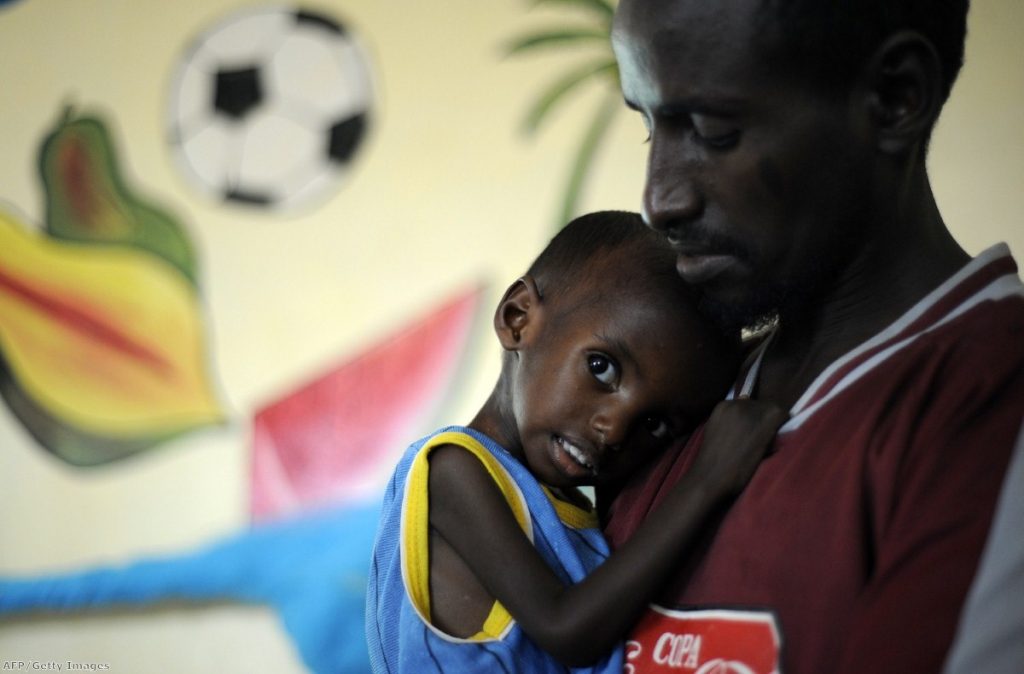The embarrassment of Britain’s track record on refugees
When it comes to war and diplomacy, Britain often boasts about its role on the world stage. But when it comes to compassion, it suddenly becomes very quiet.
There is a story the British like to tell themselves about what a charitable country they live in. Cameron barely allows a day to go by without mentioning the size of the aid budget, while Tory backbenchers behave as if it is a coin upon which the fate of the economy flips. Either view tacitly accepts the notion that Britain is a shining example of kindness towards those in need.
But when it comes to helping refugees, Britain is nowhere to be found. Its usual swagger is replaced by silence.
Not every country is like this. The US, for all its bragging and macho posturing, takes 70,000 refugees a year from the hundreds of thousands the UN High Commissioner for Refugees (UNHCR) believes need resettlement.


Australia, despite operating one of the most deranged and mean-spirited asylum programmes in the western world, took 20,000 refugees in 2012. Canada takes 7,100.
Britain takes just 750.
The programme we use for the resettlement programme is called the Gateway Protection Programme. It was one of David Blunkett's ideas for rejigging the refugee system when he was home secretary and had been temporarily distracted from the soap opera of his love life.
Today marks its tenth anniversary and groups like the Refugee Council, which assist the refugees who come here, are calling on the government to up the number.
They're right. Seven-hundred-and-fifty is embarrassingly small.
These are the least fortunate people in the world. There is no question of their need. They are not asylum seekers. They are bona-fide refugees. The question about whether to help them does not turn on the validity of their claims but on our capacity for decency.
Our treatment of these people is a reflection of how we see ourselves. Are we miserly and inward looking? Or are we a powerful country, with one of the biggest economies and armed forces in the world, which is aware of the moral responsibilities which come with that role?
The Gateway Protection Programme is a good mechanism. It takes people from refugee camps around the world – hellish places where rape, violence and hunger are a daily occurrence – and it gives people a chance at a life.
The worst thing about the camps is not just the situation which pertains within them. It is the fact that it is interminable. It can last a lifetime. People inside them have no idea how long they will be there. Many young families must watch their sons and daughters go through an entire childhood in these places. The Gateway Protection Programme gives them a shot at something better.
Not that the shot is always easy. A 2009 Home Office report – one of the very few commissioned on the programme – found a large minority of refugees reported a verbal or physical attack at least once in their first year in the UK. Almost half didn't report it, but those that did were unimpressed with the police response.
The report also found that demand for education services – particularly for language – outstripped supply. They are desperate to get on.
Refugees who arrived in Britain under the scheme were grateful for what they had been given. Sixty-nine per cent said they felt they belonged in their local area after 18 months, well above the national average of 59%. Eighty-nine per cent said their local area was a place where people of different backgrounds could get on well together.
“Life in a refugee camp was difficult. There was no future for my family there," Adem, a refugee from Ethiopia, told one charity.
"I've now been in the UK for almost a year. I think British people are wonderful. They like peace and they respect one another."
It's not a one-stop solution. Refugees still have trouble finding work. But by providing them with somewhere to live and coordinated services, they have the chance to put two feet on the ground and start anew, away from the trauma of the past.
The joined-up provision of services, with a dedicated point of contact for the new arrival, is a world away from the chaotic overlapping contracts of the normal asylum process, which often leaves people homeless, or even forced to rely on prostitution, to get them through gaps in service.
Gateway Protection isn't just a refugee programme. It's a refugee programme done right.
It's about being pro-active: not just taking those who make it here, but reaching out to those far away and giving them another chance at live.
The modesty of our compassion does not befit a big country with big ambitions. On its tenth birthday, the coalition should double the size of the Gateway Protection Programme.









